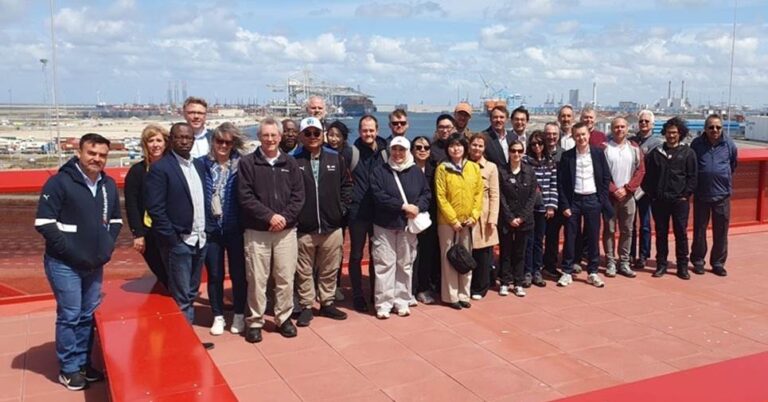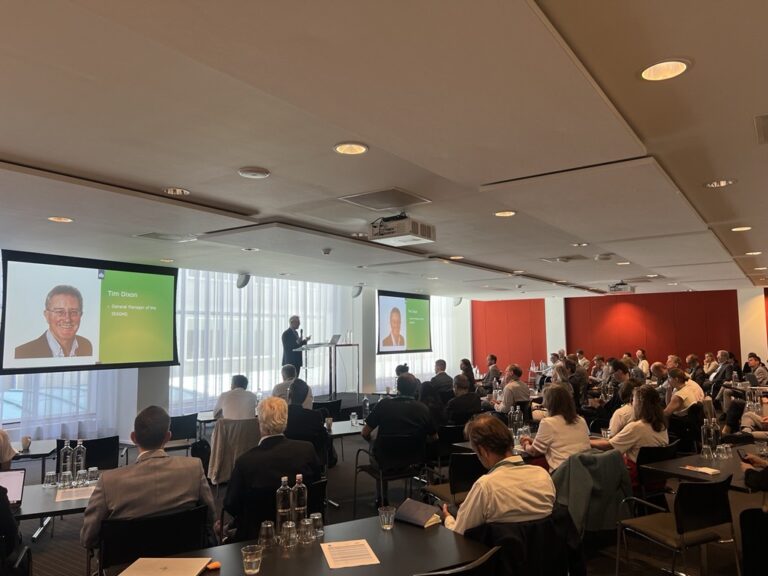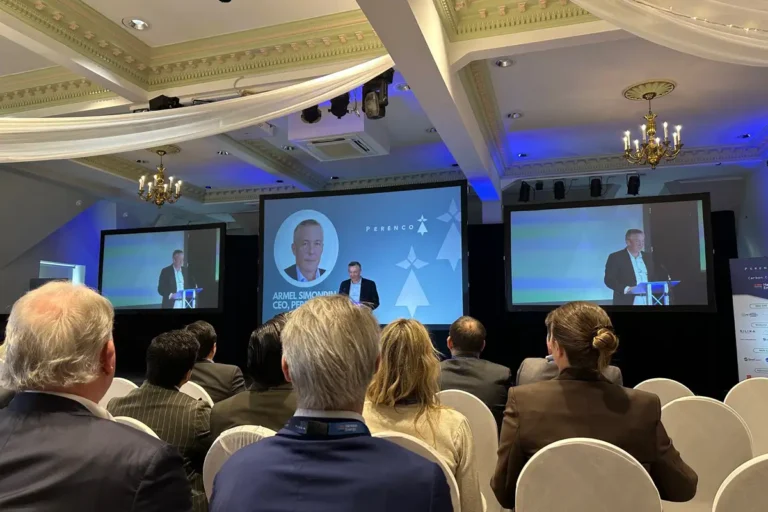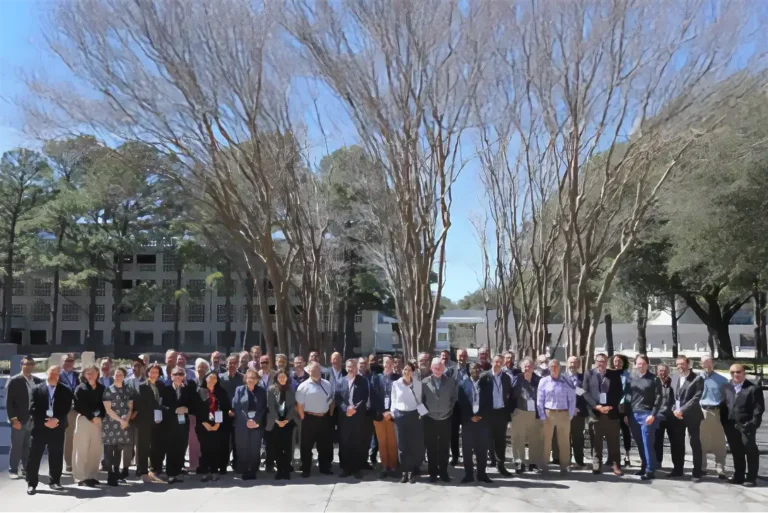
UK Back in the CCUS Game
4 June 2018

I recently attended a workshop called “Delivering the Clean Growth Plan”.For those that are not aware of the Clean Growth Plan this is a significant initiative that sets out the UK’s agenda for decarbonising all sectors of the UK economy through the next decade. The UK Government plans to spend £2.5bn to support low carbon innovation. A core element of this strategy is a new UK Government Strategy on CCUS. There are three elements to the UK’s plan
1. Deploy CCUS by late 2030‘s subject to the costs coming down
2. Collaborate with international partners to drive down the cost of CCUS
3. Invest in innovation to support cost reduction and deployment in the UK.
Initiatives the UK Government have set running to achieve these aims are:
- – The establishment of a Ministerial–led CCUS Council to oversee everything
- – Set up a CCUS Cost Challenge Taskforce to report by mid- 2018. Not wishing to sound cynical: we had a cost reduction task force before which ran during the last CCUS competition, let’s hope this delivers more.
- – Since the seminar, we have heard the UK with Saudi Arabia will now lead the Mission Innovation CCUS Challenge, thus taking a more international lead in CCUS innovation.
- – Next steps will be to look at investment models for both industry and power projects and infrastructure.
- – Test industrial CCUS by working with cluster projects like the Teesside Collective and others.
These initiatives all sound practical and hopefully will lead somewhere more than the last two CCS competitions did.However, my positive take is after the disappointment of the last CCS competition this puts the UK back in the game on CCUS and moving forward with concrete plans.
What was most interesting are the two hydrogen/CCUS projects the UK has conceived. The Leeds H21 Projects will use hydrogen produced from steam methane reforming with CO2 captured and stored in the North Sea. The hydrogen will be used to decarbonise domestic cooking and heating. This is a truly unique idea. Then we have HyNet project, which will generate hydrogen from natural gas with the CO2, captured and stored in the Morecombe Bay gas field’s offshore Liverpool. In this case the hydrogen infrastructure will be used for decarbonising industry and possibly also the transport sector. Again another trail-blazing project for the UK.
Not CCUS related but interesting to note, was the fact highlighted at the meeting that whilst power sector emissions in the UK have decreased, transport sector emissions have overtaken them. In this instance it seems we are not alone (and I do not mean in the aliens are with us context) a similar situation is developing in the USA as well. There was an interesting discussion panel on how to resolve this with the opposing forces debating the values of electric vehicles against hydrogen vehicles. On this issue, I think electric vehicles are leading the charge globally and please ignore the pun.
Other articles you might be interested in
Get the latest CCS news and insights
Get essential news and updates from the CCS sector and the IEAGHG by email.
Can't find what you are looking for?
Whatever you would like to know, our dedicated team of experts is here to help you. Just drop us an email and we will get back to you as soon as we can.
Contact Us Now









